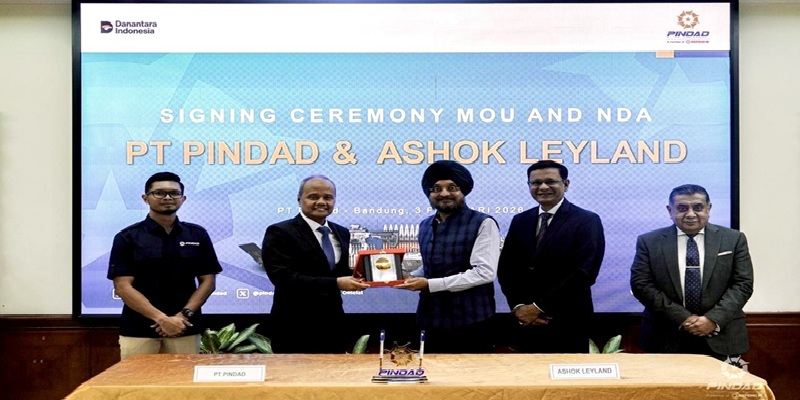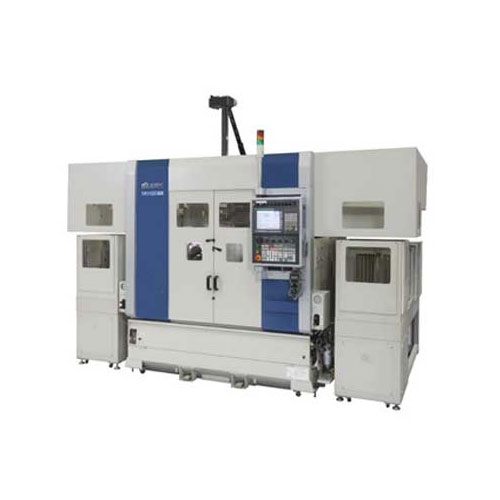Schedule a Call Back
Building for Bharat, scaling for the world: Sabarinath C Nair
 Articles
Articles- Feb 21,25

- Eco-friendly and cost-effective: XR training eliminates the need for consumables, reduces wastage, and optimises work efficiency.
- Enhanced safety: Trainees practice in virtual environments, avoiding exposure to health hazards like fumes and pollutants.
- Accelerated learning: XR shortens the transition from training to workforce readiness, equipping professionals with precision and confidence.
- Detailed feedback: Real-time analytics and hand movement tracking enable comprehensive skill assessments, providing insights that traditional methods cannot match.
- In industries like welding, spray painting, and HVAC repair, where precision is critical, XR delivers structured training that minimises risks, reduces rework, and ensures consistent quality. It represents the most advanced method for workforce development, bridging gaps in skill and efficiency.
Related Stories

Honeywell Launches Hybrid Heating to Cut Industrial Energy Costs and Emissions
Honeywell’s Hybrid Heating Solution enables manufacturers to switch between gas and electric heat in real time, helping optimise energy costs, cut emissions and support the energy transition.
Read more
Minda Corp Posts Record Q3 Revenue of Rs. 15,600 Mn, EBITDA Improves
Minda Corporation reported its highest-ever quarterly revenue in Q3 FY2026, driven by strong demand, portfolio strength and improved margins, alongside key leadership appointments.
Read more
Ashok Leyland, PT Pindad Partner for Electric Buses and Defence Vehicles
Ashok Leyland has signed an MoU with Indonesia’s PT Pindad to jointly develop and manufacture electric buses and defence vehicles, supporting sustainable mobility and modern defence needs.
Read moreRelated Products

Digimatic Smart Caliper
Veekay Industries offers a wide range of digimatic smart caliper.

Compact Fmc - Motorum 3048tg With Fs2512
Meiban Engineering Technologies Pvt Ltd offers a wide range of Compact FMC - Motorum 3048TG with FS2512.

Digital Colony Counter
Rising Sun Enterprises supplies digital colony counter.














